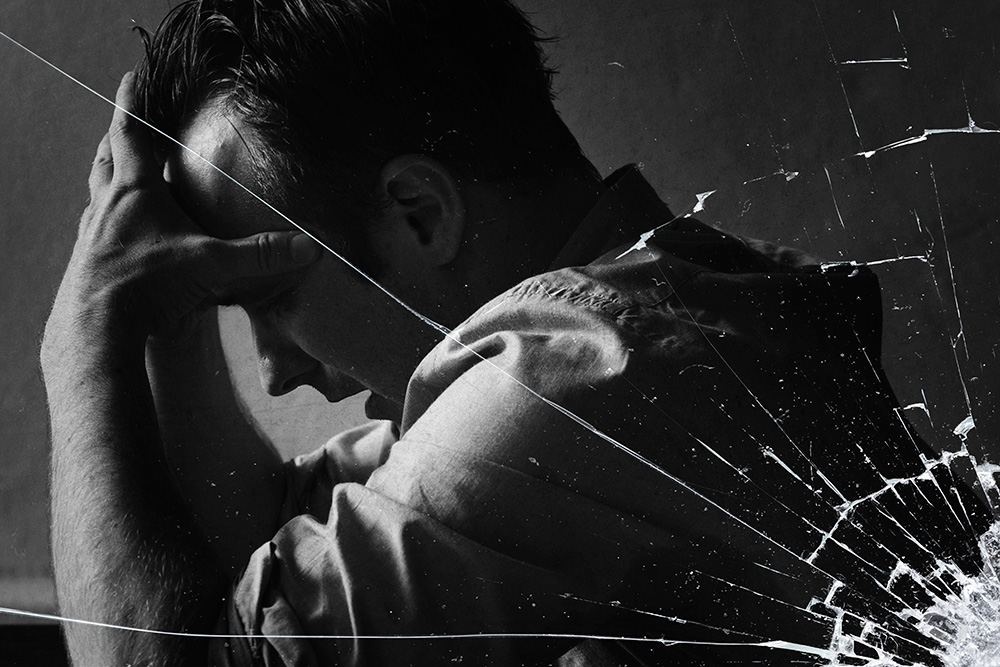
Dealing with trauma can feel overwhelming, but finding the right support can make a world of difference. If you or someone you love is struggling with Post-Traumatic Stress Disorder (PTSD) or Complex PTSD (C-PTSD), our experienced therapists in New Jersey are here to help you on the path to recovery.
Complex PTSD, often referred to as developmental trauma, arises from prolonged exposure to deeply distressing experiences, such as childhood neglect or emotional abuse. Those living with C-PTSD frequently face issues with trust, emotional regulation, and self-esteem. These challenges can spill over into various areas of life, including personal relationships, work, and even physical health. But there is hope—therapy can offer a safe space for healing.
Specialized therapists for C-PTSD use trauma-focused techniques, like Cognitive Processing Therapy (CPT), to guide clients through the process of understanding and resolving their trauma. The goal is to create a stable, trusting environment where individuals can process their past while developing tools to manage their symptoms. This collaborative approach helps foster emotional resilience and paves the way for a brighter, healthier future.
Are you searching for a Complex PTSD Specialists in New Jersey in New Jersey? Browse our vetted profiles, watch therapist introductions, and schedule a free consultation to find the perfect fit for your needs.
These symptoms can disrupt your daily life, but with the right treatment, relief is possible. Our compassionate and skilled team is here to help you navigate your healing journey with targeted interventions.
Experiencing trauma can leave lasting effects, but seeking professional support is a crucial step in moving forward. While some individuals may recover naturally, others might struggle with lingering symptoms like anxiety, flashbacks, or nightmares. PTSD can feel all-consuming, but trauma-informed therapy can make a meaningful difference.
Finding the right therapist is essential to your healing process. Though searching for the right professional might seem daunting, connecting with a qualified trauma specialist is the first step toward a more fulfilling life.
You can use online databases to find a trauma therapist based on your location and needs. These tools allow you to search for therapists who specialize in trauma, but it’s important to ensure they offer trauma-informed care. Some reputable online directories to explore include:
At Tema Therapy, we believe that individualized therapy is key to effective trauma treatment. Our therapists utilize evidence-based approaches such as Cognitive Behavioral Therapy (CBT) and Eye Movement Desensitization and Reprocessing (EMDR) to support those dealing with PTSD and C-PTSD. For some clients, a combination of therapy and medication may provide the most comprehensive relief.
If trauma has impacted your life, don’t wait to get the help you deserve. Our clinicians at Tema Therapy are highly qualified, with advanced certifications in trauma-focused care. As one of the leading therapy practices in Northern New Jersey, we offer a wide range of specialties and a team of dedicated professionals to ensure you receive the personalized support you need.
Let us help you connect with the right therapist and start your journey toward healing today.
Highly Qualified Clinicians: Our therapists hold advanced certifications in trauma-focused care, ensuring you receive expert support.
Personalized Care: We create customized treatment plans tailored to your unique needs and goals.
Compassionate Environment: Our practice provides a safe, non-judgmental space where you can heal at your own pace.
Proven Results: With evidence-based approaches like CBT and EMDR, we’ve helped countless clients overcome trauma and reclaim their lives.
If trauma has impacted your life, you don’t have to face it alone. At Tema Therapy, we’re here to help you every step of the way. Our team of dedicated professionals will work with you to develop a personalized treatment plan that addresses your specific needs and goals.
440 West Street, Suite 323, Fort Lee, NJ, 07024
[email protected]
Phone: (347) 879 0202
Copyright © 2025 | All Rights Reserved | Created By Invisio Solutions Ltd